TechPlus+ | Technology & Development Redux
-

AI Topography
Read more: AI TopographyFor the last 30 years, the seemingly endless number of so-called technology revolutions invading our expansive yet decaying landscape has been accompanied by a proliferation of wide-ranging publications, usually playing catch-up while trying to predict the future on the spot. That has certainly been the case since the official birth of the Internet. In the…
-

Waiting for yet another Industrial Revolution
Read more: Waiting for yet another Industrial RevolutionThe PC revolution. The Internet revolution. The mobile revolution. The social media revolution. The blockchain revolution. And the AI re-revolution. We seem to be living in times of Permanent Revolution. Also reminds me of the Age of Revolution that thrived a couple of centuries ago. Back then, social uprising calling for regime change was the…
-
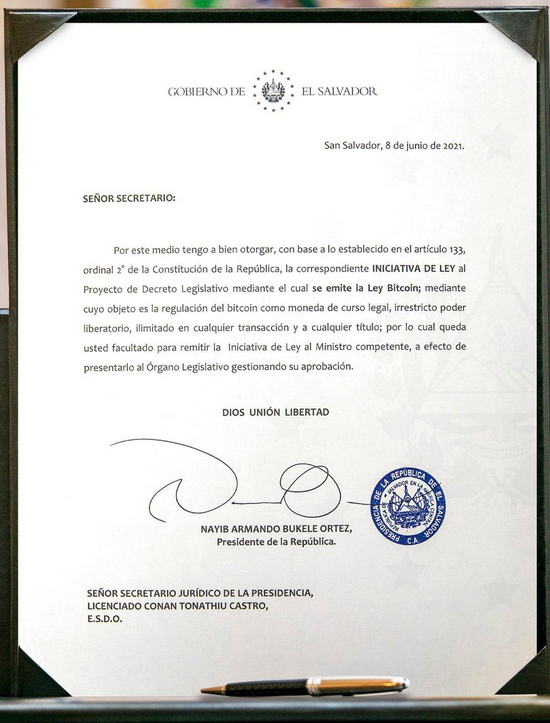
CryptoPopulism
Read more: CryptoPopulismUndoubtedly, cryptocurrencies have gained substantial territory since their inception over a decade ago, Bitcoin leading the charge. What began as a brilliant albeit complex innovation seemingly open only to techies and geeks is now going mainstream, at least in media coverage. Universal use as actual money, however, is still a pipe dream. Bitcoin and the…
-
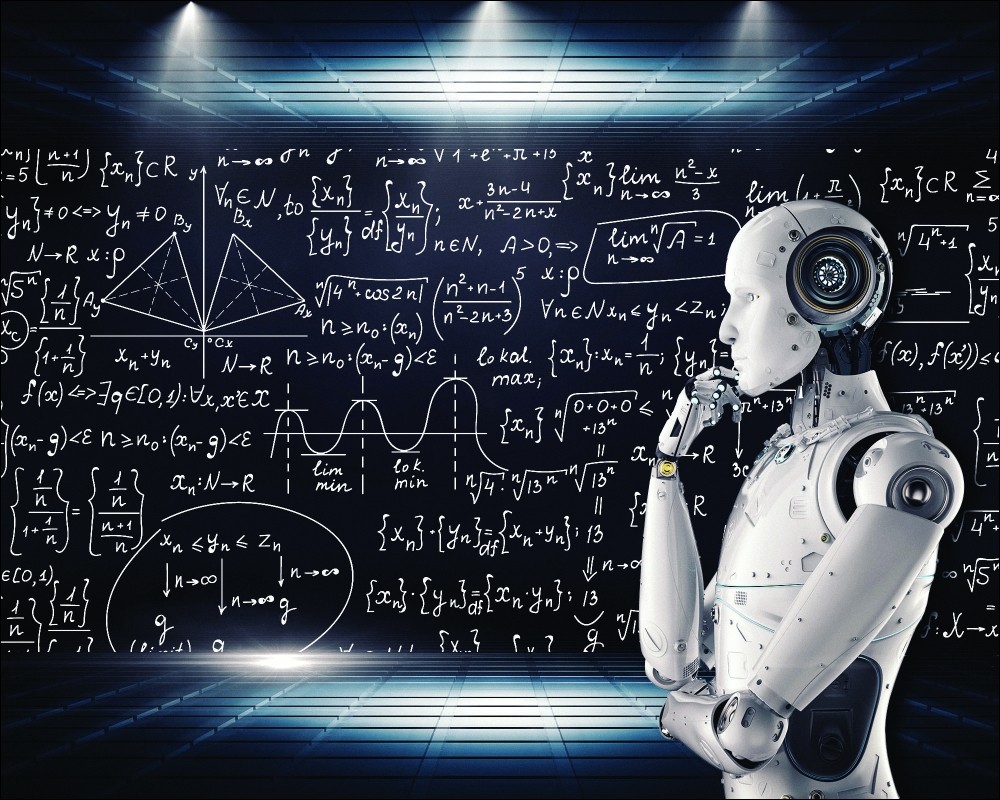
AI Nationalism?
Read more: AI Nationalism?Globalization seemingly inexorable world conquest, kick-started during the last quarter of the 20th Century, found an unexpected ally in the unpredictable fall of the Berlin Wall. While pundits sitting in the right-side section of the human theater saw the latter as the natural result of the indisputable supremacy and triumph of Global Capitalism, no one…
-
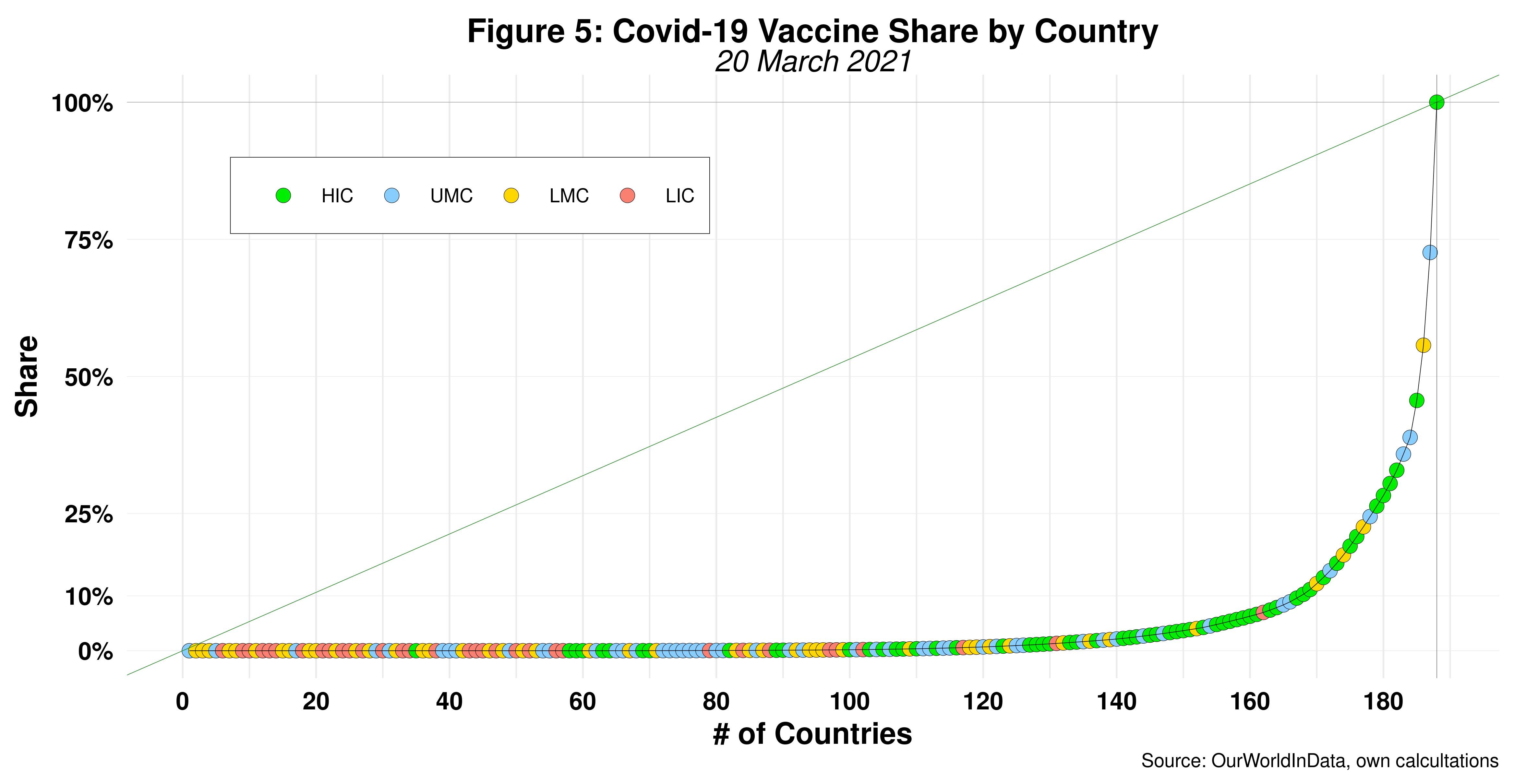
Vaccine Inequality
Read more: Vaccine InequalityAlready under siege in many quarters, Globalization has now added the seemingly unstoppable spread of the Corona Virus to its already dubious credentials. As expected, not one single country has been spared, rich and poor suddenly standing on the same level playing field – a milestone economic globalization never accomplished despite mainstream media coverage tirelessly…
-
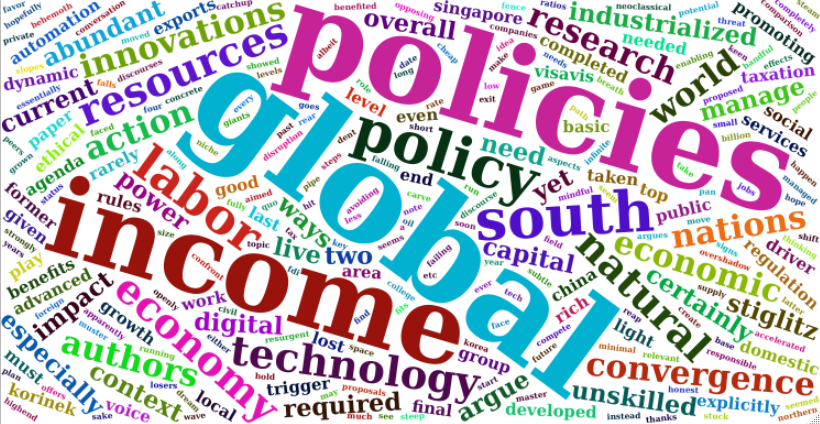
AI and Development Policies
Read more: AI and Development PoliciesStrongly supported by behemoth tech companies, the “ethical and responsible” AI discourse has almost completely overshadowed the relevant conversation on the potential socio-economic impact the resurgent technology might have in developing countries. While such discourse’s subtle agenda, apparently now failing, is essentially aimed at avoiding any government regulation by promoting “AI for good,” research on…
-
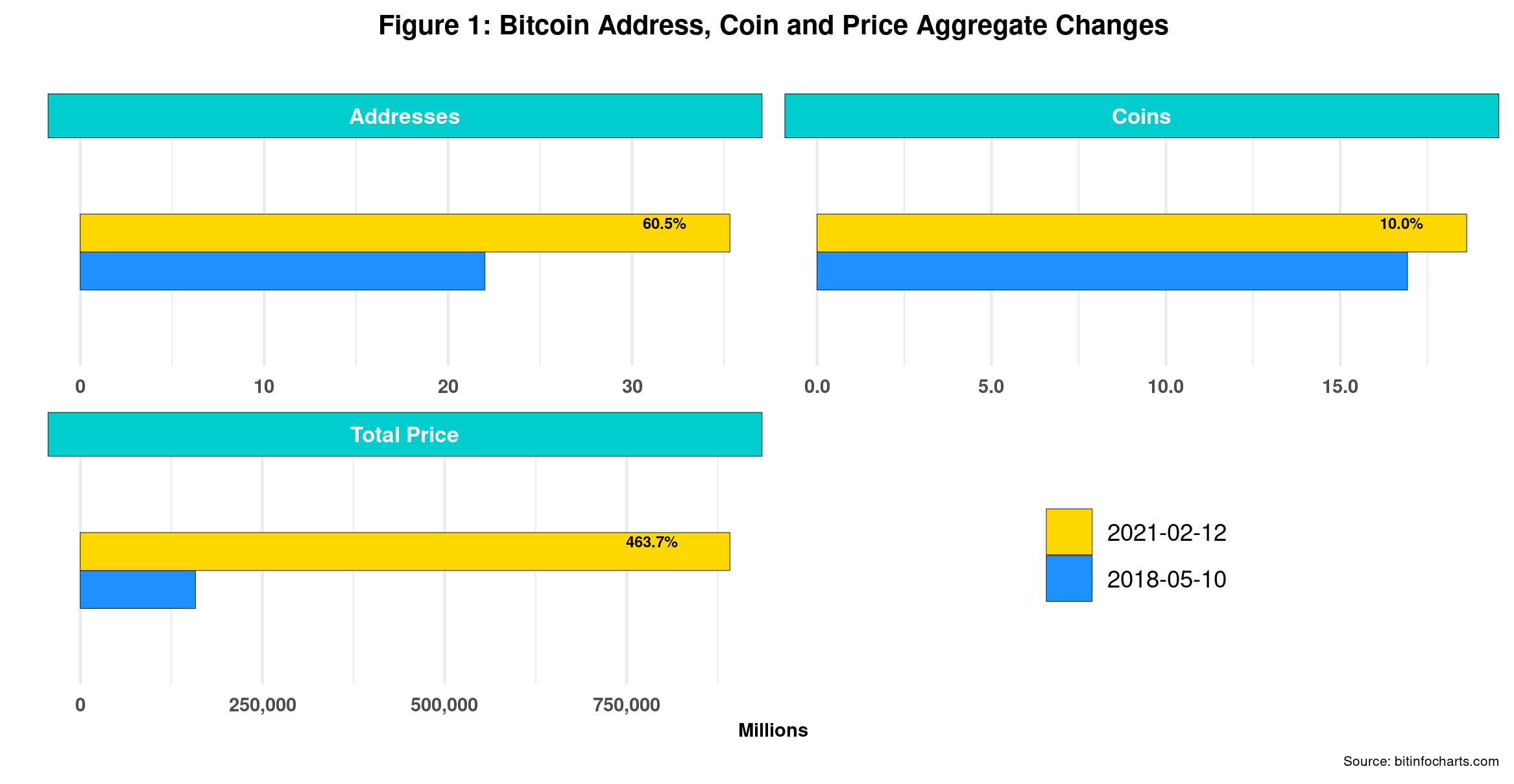
Bitcoin Inequality Revisited
Read more: Bitcoin Inequality RevisitedThe Bitcoin bulls are back in full strength, driving the price of the cryptocurrency to unprecedented heights. The digital currency is now approaching 50k. Nevertheless, pundits and fundamentalist supporters still see the sky as the only possible limit. Go figure. One thing is certain: Bitcoin is now entering the mainstream financialization push that has been…
-
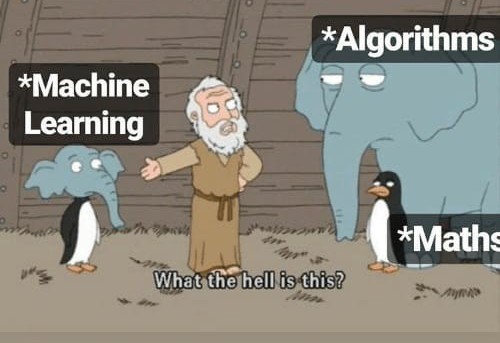
Greater “AI for Good”
Read more: Greater “AI for Good”The proliferation of top, best, fails and prediction posts on almost any topic is now a staple of the annual transition from one year to the next. As the new year starts seeing the light of day, we seem compelled to take stock of the previous 365.25 days and poke more in-depth into the short…
-
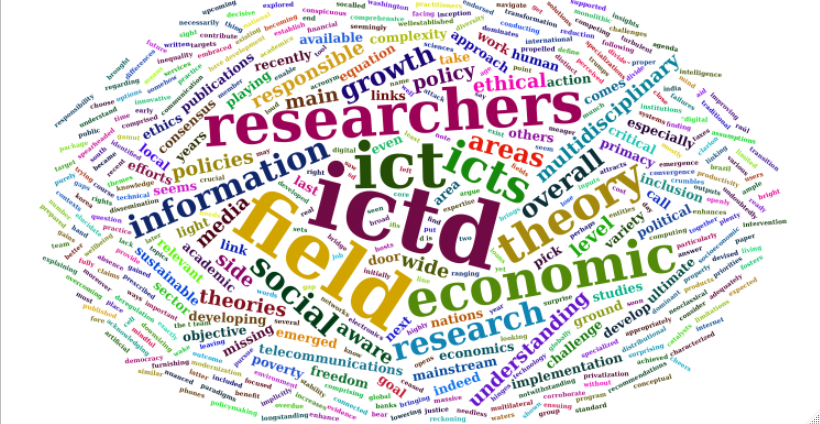
A Few Reflections on ICTD
Read more: A Few Reflections on ICTDAs a multi-disciplinary field, ICTD research hosts a wide variety of knowledge and expertise initially developed in other academic areas, ranging from specialized information theory to broad economic development. That should not be a surprise as ICTs emerged from the convergence of telecommunications, electronics and computing, and information dissemination. Looking at the left side of…
-
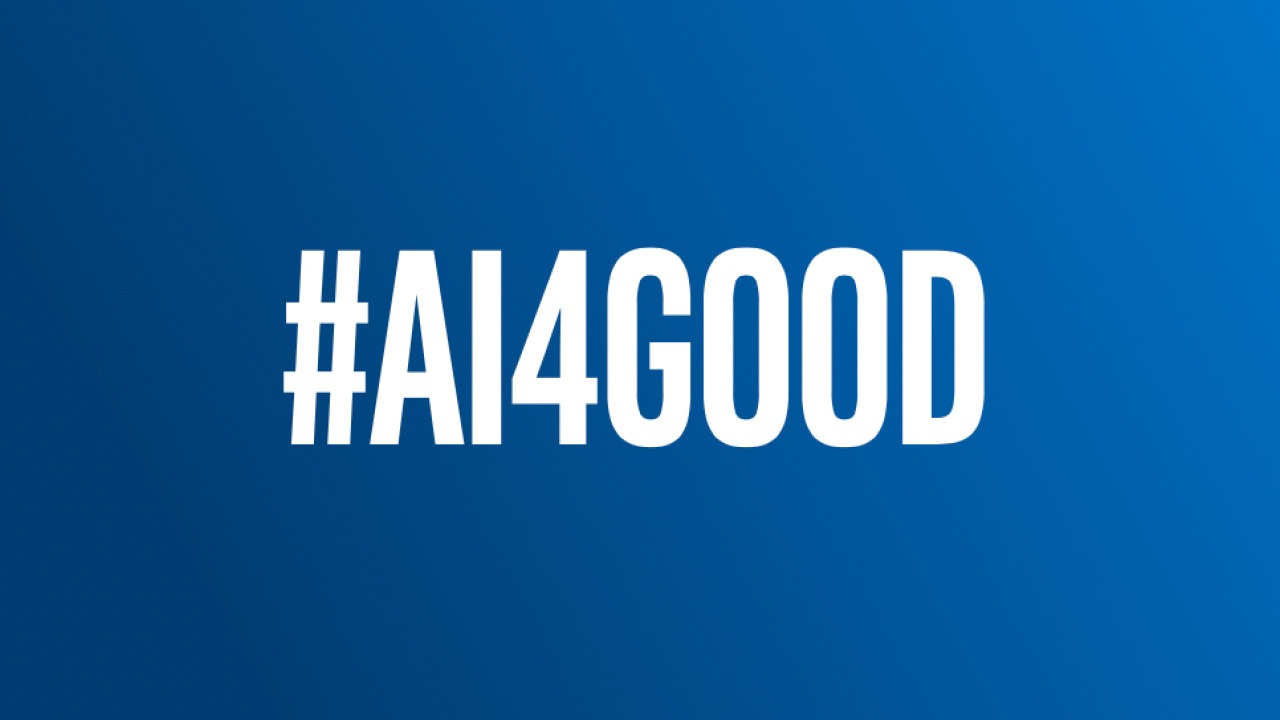
Better “AI for Good”
Read more: Better “AI for Good”While the dystopian camp perceives digital technologies as a formidable, perhaps even unsurmountable threat to society, those on the other, much more optimistic side do not seem to get tired of repeating its almost countless benefits. The latter camp apparently has the upper hand, at least for now, as its message captures most daily media…
-

Best Films – 2020
Read more: Best Films – 2020Bellocchio’s The Traitor was the last film I saw in a theatre. The film was only playing once a day at 1pm, so an early lunch was required. The calendar said it was the last day of February. The very next day, officials identified the first case of COVID-19 in NY. A couple of days…
-
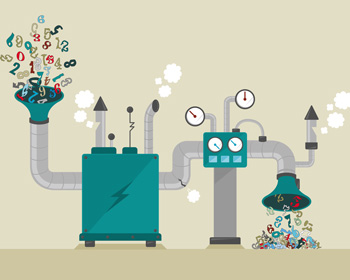
Ethics in Ethical AI
Read more: Ethics in Ethical AIGarbage in, garbage out (GIGO) is one of the oldest computer programming commandments. It was first coined in the same decade as AI, the 1950s, thus suggesting the connection between the two goes back to their birth dates. GIGO is particularly relevant to programs that take data – text and graphics included – as primary…
-
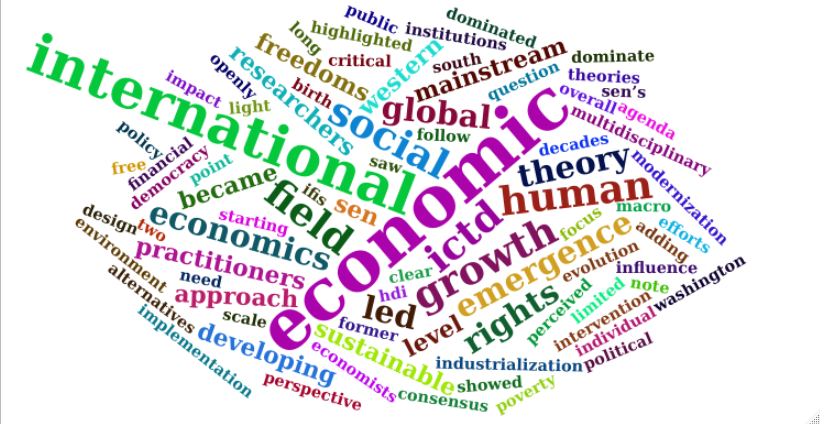
A Glimpse at Development Economics
Read more: A Glimpse at Development EconomicsICT for Development (ICTD) has been around for over three decades. A multidisciplinary field involving researchers and practitioners from many different areas and backgrounds, ICTD has one clear objective: to deploy new ICTs in society to foster development. The first and most obvious question is how this can happen. The answer is not trivial. Nevertheless,…
-
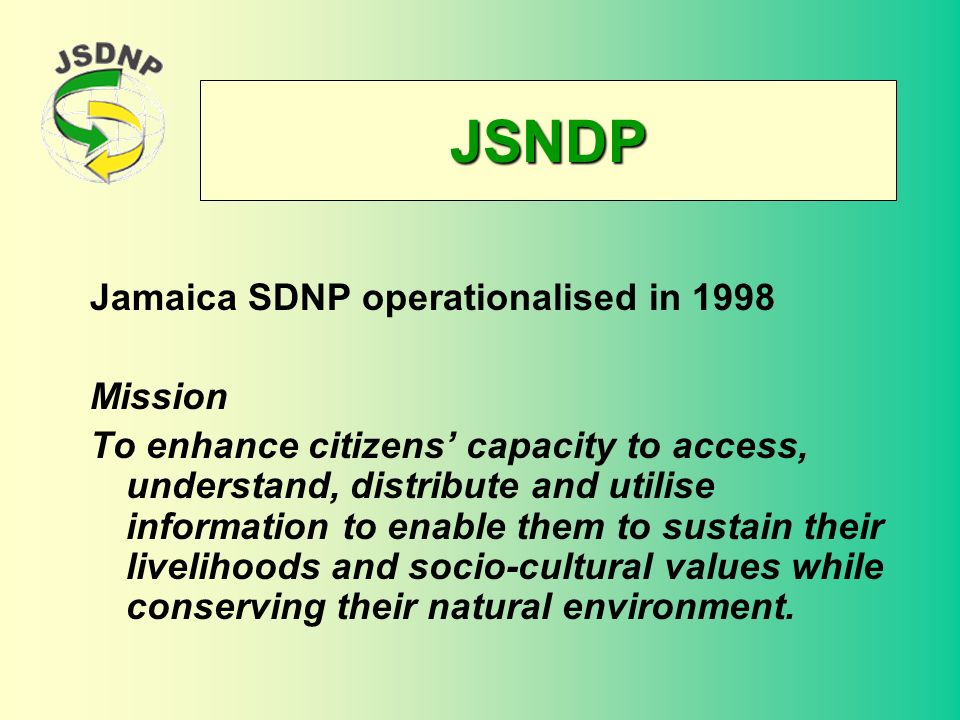
Digital Government in Jamaica
Read more: Digital Government in JamaicaThe last time I visited Jamaica was in the early 2000s. A few years before, we had launched the national node of the old and now defunct Sustainable Development Networking Programme (SDNP). It was labeled JSDNP and did quite a bit of work locally fostering digital technologies and creating and disseminating local content. Unfortunately, JSDNP…
-

Evolving COVID-19
Read more: Evolving COVID-19Over six months after its official birth, the COVID-19 pandemic continues to expand globally, as expected. Long-term lockdowns and other complementary measures have impacted, especially in industrialized countries that, back in June, were leading in cases and deaths. Not that the virus has been tamed, not at all. Rather, it now seems to be more…